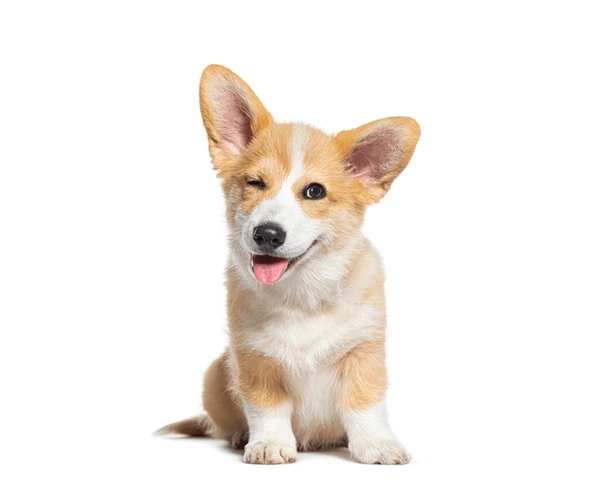Let’s be honest, dealing with dog poop isn’t the most glamorous part of being a pet parent.
But it’s something we all have to handle, right? Whether you’ve got a tiny pup or a full-on couch-hogging beast, their poop adds up faster than we’d like to admit.

So what if we could break it down, literally, in a way that’s good for the planet and doesn’t stink up the yard?
If you’ve ever stepped out to do yard work and spotted piles of forgotten poop baking in the sun, you’re not alone.
A friend of mine who lives just outside Austin started trying to compost her dog’s waste after she realized how much trash those plastic bags were creating every week.
At first, she was grossed out. Then confused. Then determined. Now she’s the backyard compost queen and her setup doesn’t smell one bit.
What Makes Dog Poop Harder to Handle
Dog poop isn’t quite like cow manure or chicken droppings. It’s got more protein, which makes it more acidic and likely to carry bacteria or parasites. So tossing it in your regular compost bin? Not a good idea.
Rain can wash poop into storm drains and pollute local water. It seems like such a small thing, but it adds up quickly when every dog in the neighborhood is leaving a little surprise behind.
Safe Composting Methods for Dog Poop
If you’ve got a backyard, setting up a separate dog poop compost bin is a game changer. You don’t want it anywhere near your veggies or herbs, but tucked in a corner of the yard works just fine.
Some people dig a small pit and treat it like a pet waste digester. You add the poop, some water, and a septic-safe enzyme or natural compost starter.
Over time, it breaks down into something harmless. It won’t win any beauty contests, but it keeps your trash bins lighter and the earth a little happier.
Tools and Products That Help
There are purpose-made dog waste composters that sit below ground. They look kind of like chubby plastic trash cans with lids. You lift the top, drop the waste in, add water and the composting powder, and nature gets to work.
Scoopers save your back and your dignity. Instead of getting hand-deep in the grass with a plastic bag, you just scoop and drop. It becomes a chore that feels more like taking out the trash than playing minefield with your shoes.
What Not to Do
Never mix dog poop into your normal compost bin, especially one used for garden food. Even after composting, pathogens might linger. That could be risky for you and anyone else snacking on homegrown greens.
Avoid bleach, chemical cleaners, or weird DIY mixes from random online sources. If it sounds too good to be true or smells like trouble, it probably is. Also, composting near water lines, edible plants, or kid play areas is a no-go.
What if You Don’t Have a Backyard
Not everyone has a space for compost bins or digesters. If you’re in an apartment or a small home, there are still options. Some cities now have dog waste collection programs or compost drop-offs.
Biodegradable poop bags are better than plastic, but they still need to go in the right bin. And if all else fails, a regular trash toss is fine when composting is not realistic. It’s not about being perfect. It’s about doing what you can.
Handling Waste Safely
Always wash up after handling dog waste. Even if you’re using tools and gloves, bacteria can sneak through. And if you’re adding poop to a bin, be sure that it’s secured with a lid to keep flies, rain, and curious paws out.
Some folks get tempted to toss it straight onto flower beds or lawns. Only do that if the compost has broken down fully and you’re absolutely sure it’s safe. Better safe than sorry, yeah?
Making It Part of the Routine
Once you get into the rhythm of collecting and composting, it’s honestly not that bad. A little scoop here, a little sprinkle there, and you’re good.
You might even find that your yard feels tidier overall when you’re not dodging surprises.
I know someone in the UK who turned their compost bin into a weekend bonding project with their kids. Weirdly wholesome, right? A bit quirky, but it kept them outdoors, taught them responsibility, and made the garden cleaner too.
Why This All Matters
We don’t talk about it enough, but dog waste has a real environmental impact. It’s not just about avoiding a mess on your shoes. It’s about keeping our neighborhoods, parks, and planet healthier.
With a bit of effort, we can reduce single-use plastics, lower pollution, and take better care of the spaces we share with our dogs and neighbors. Plus, your trash bin won’t reek every time you open it. That’s a win by itself.
So, what’s your game plan going forward, scoop and toss, or are you ready to try composting that poop pile for good?